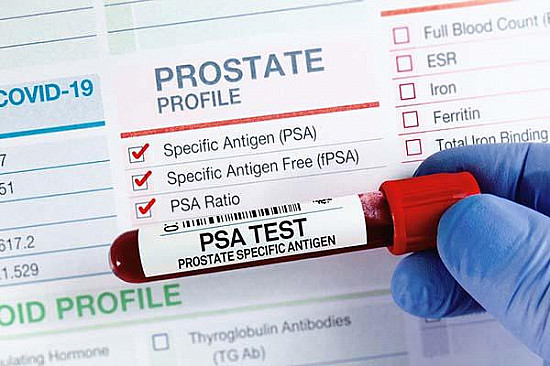Exercise may slow prostate cancer growth
In the journals

Men who follow active surveillance for prostate cancer may improve their outcome by doing high-intensity interval training (HIIT). Researchers had 52 men (average age 63) on active surveillance either do a supervised treadmill HIIT workout three days a week for 12 weeks or follow their usual exercise routine that did not include high-intensity exercise.
With HIIT, you exercise for a short burst at near-maximum effort followed by a brief rest period. You then repeat that pattern a specific number of times. In the trial, the workouts consisted of two minutes of exercise at 85% to 95% of a person’s VO2 max (the maximum amount of oxygen the body can use during exercise), then two minutes of recovery at 40% VO2 max. The pattern was repeated five to eight times.
Researchers found that compared with the people doing their usual lower-intensity exercise, those in the HIIT group had lower prostate-specific antigen (PSA) levels, lower PSA velocities (the rate of change in PSA levels over time), and had slower prostate cancer cell growth. They also had better cardiovascular fitness. The researchers pointed out that men on active surveillance typically have three times the risk of dying from cardiovascular disease than from prostate cancer. The results were published online Aug. 19, 2021, by JAMA Oncology.
Image: © IvelinRadkov/Getty ImagesAbout the Author

Matthew Solan, Former Executive Editor, Harvard Men's Health Watch
Disclaimer:
As a service to our readers, Harvard Health Publishing provides access to our library of archived content. Please note the date of last review or update on all articles.
No content on this site, regardless of date, should ever be used as a substitute for direct medical advice from your doctor or other qualified clinician.
















